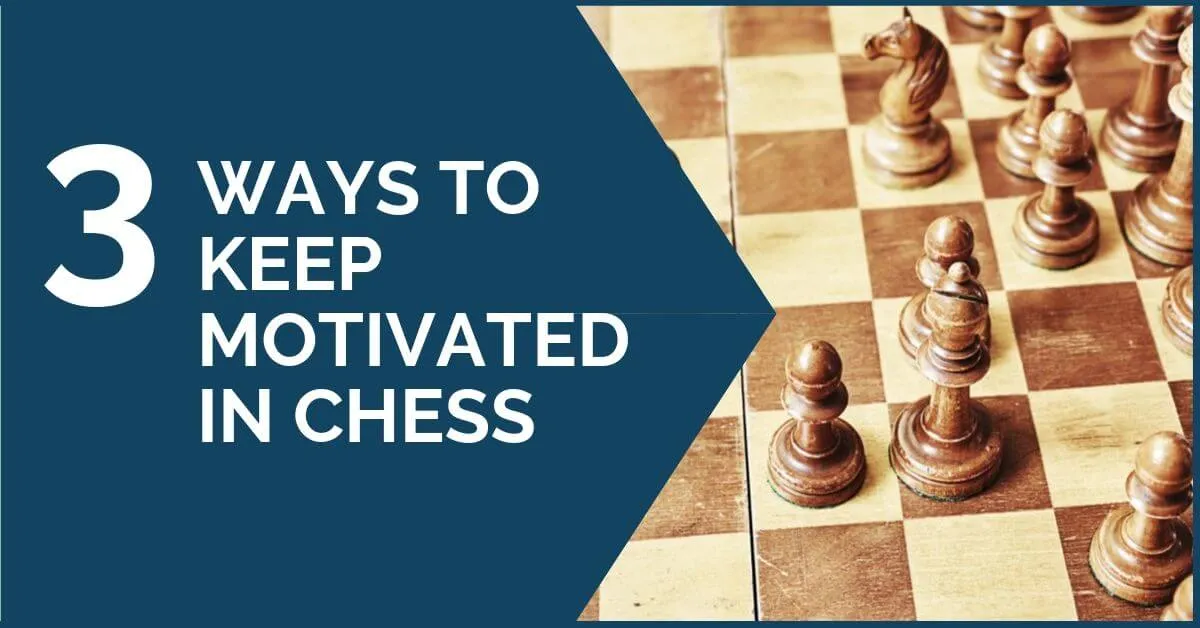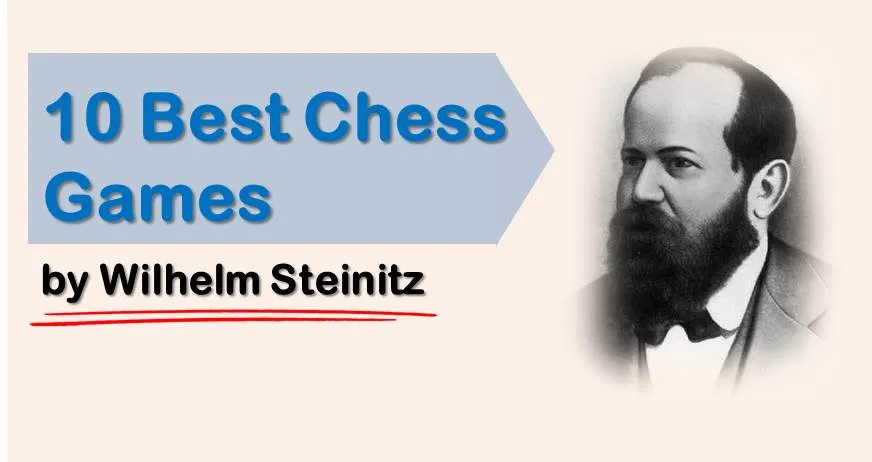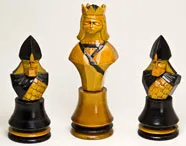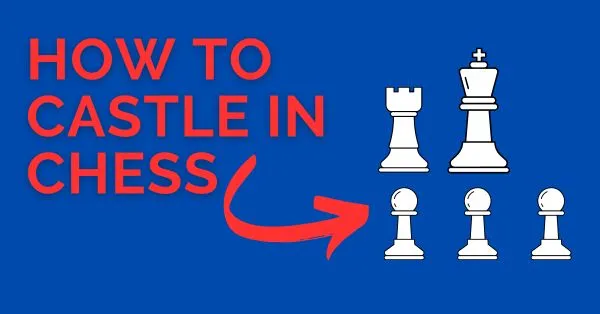Motivation in Chess: Top 3 Ways to Keep It

Motivation in Chess: The journey of a chess player is no easy thing. When looking from the outside, it may seem so easy the way Grandmasters play. Their moves just flow and everything makes sense. They find amazing ideas that sometimes seem so simple and logical anyone could do it. In fact, all that great play is the result of endless hours of sitting in front of the chessboard, analyzing interesting positions, and studying thousands of games.
It takes hard work to reach a high level in chess and not everybody can do it. One key aspect in this journey is motivation; motivation to keep on training and be confident that you can and will get better eventually.
Many aspiring players give up or get easily demotivated by the lack of good results in tournaments. A bad result and they hurry to conclude that there’s no point in investing so much time in training since they simply cannot improve. This leads us to the first advice:
1. Motivation in Chess: Enjoy the journey
We know that training is difficult and it is much more fun to actually play. However, it is a step that cannot be skipped if you want to get better. All those bad thoughts are just excuses and a bad result should make you want to train even harder. Rather than focusing only on the results, try to enjoy what you are doing.
For example, if you like going through classical games you can do only that for a while. Try to accumulate as much information as you can and results will come eventually. Remember, you can only improve if you train. Less training will only worsen your results on the long term. Set a goal and be confident that you can achieve it.
2. Diversify your training
Training too much of the same can become boring. For example, you realize that you should study more endgame, so you decide to do so in your next training sessions. After a few hours, you get bored and decide that this is not for you, so you quit studying them or, even worse, the whole idea of training.
This is, of course, not the point. It is important that you get to know yourself and how to keep your brain interested in what you are studying. In order to do so, instead of studying the same all the time, you should rather combine parts that you know you have to train with parts that you like training.
So, returning to our example above, you could mix endgames with tactics or games of the classics, for instance. Instead of 3 hours of continuous endgame study, your training could look like this: 2 hours of endgames followed by another hour of your choice.
3. Motivation in Chess: Practice
Lack of motivation can also result from too much training and no or very little playing. Unlike exercising your muscles, when you will actually see results from only training, you have to play tournaments to see results and keep motivated in chess. Aside from this, playing is a way of testing yourself and the training methods you’ve been applying. If you notice that your playing has improved and good moves come naturally to you during the games, you know that what you’ve been doing is right.
We also recommend reviewing 10 Life Lessons from Viswanathan Anand.
Note that we’re still not focusing only on the result – sometimes you can play well and still have a bad result at a tournament due to other factors. Focus on your play and how you feel during the games.










Comments: